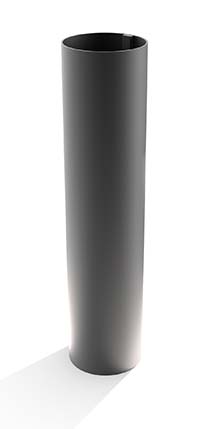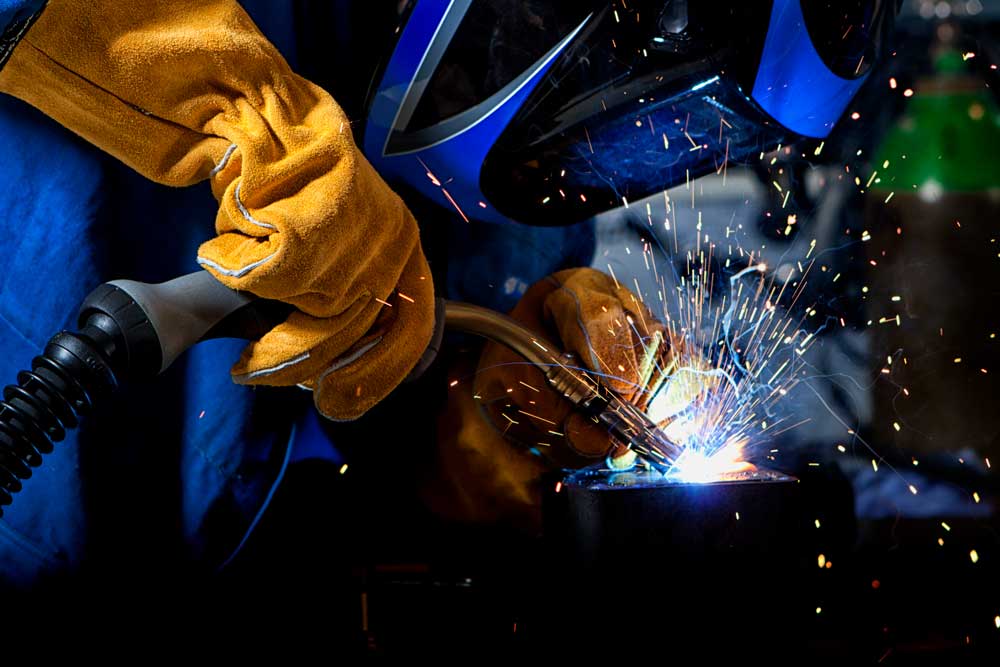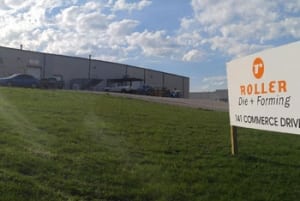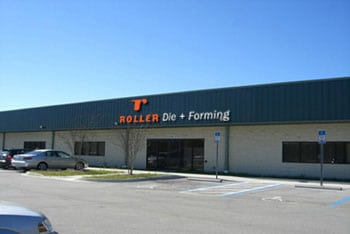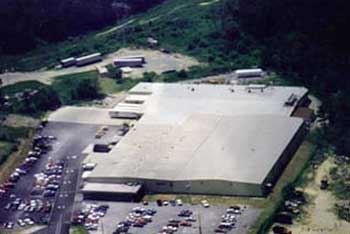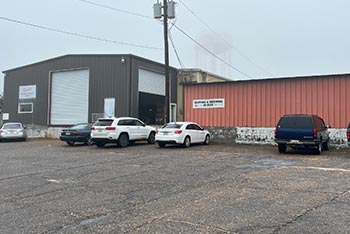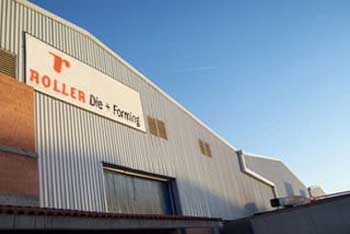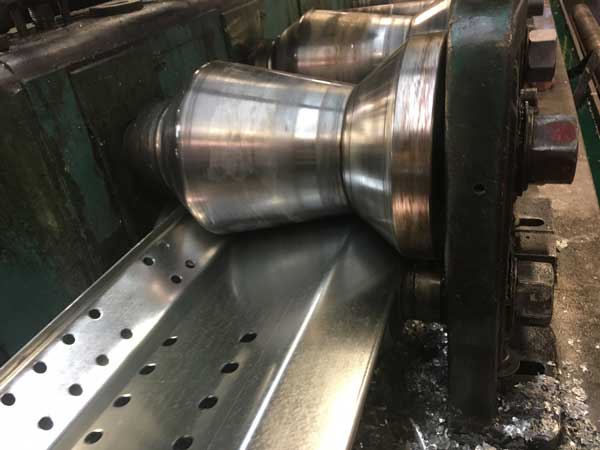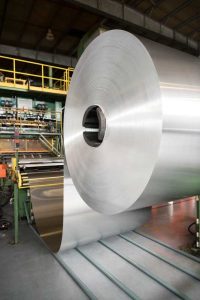 Roll forming is what we specialize in at Roller Die + Forming. It is a metal forming process that is widely used in the manufacturing of complex metal shapes. This process involves the continuous bending of a long strip of metal through a series of rollers to form a desired shape. Steel is the most commonly used material in roll forming due to its excellent strength, durability, and formability. There are several types of steel used in roll forming, as well as other metals, each with its unique properties that make it suitable for specific applications. In this article, we will discuss the different types of steel used in roll forming.
Roll forming is what we specialize in at Roller Die + Forming. It is a metal forming process that is widely used in the manufacturing of complex metal shapes. This process involves the continuous bending of a long strip of metal through a series of rollers to form a desired shape. Steel is the most commonly used material in roll forming due to its excellent strength, durability, and formability. There are several types of steel used in roll forming, as well as other metals, each with its unique properties that make it suitable for specific applications. In this article, we will discuss the different types of steel used in roll forming.
- Galvanized steel
Galvanized steel is a type of steel that is coated with a layer of zinc to protect it from corrosion. This process involves immersing steel in a bath of molten zinc, which creates a protective barrier around the steel. Galvanized steel is commonly used in roll forming applications that require excellent corrosion resistance, such as outdoor structures, roofing, and gutters. - Stainless steel
Stainless steel is a type of steel that contains at least 10.5% chromium, which gives it excellent corrosion resistance. Stainless steel is commonly used in roll forming applications that require high corrosion resistance and aesthetic appeal, such as architectural components, food processing equipment, and medical devices. - Aluminum
Aluminum is a lightweight and corrosion-resistant metal that is commonly used in roll forming applications that require high strength-to-weight ratio and good surface finish, such as aerospace components, automotive parts, and consumer electronics.
So while steel is the most commonly used material in roll forming, aluminum and other alloys can also be used where the project specifications match. The choice of steel depends on the specific requirements of the application, such as strength, corrosion resistance, surface finish, and weight. If you have a project that might be a good fit for roll forming, reach out to our sales team today to learn more about our in-house tooling options, our powder coating, and more.

